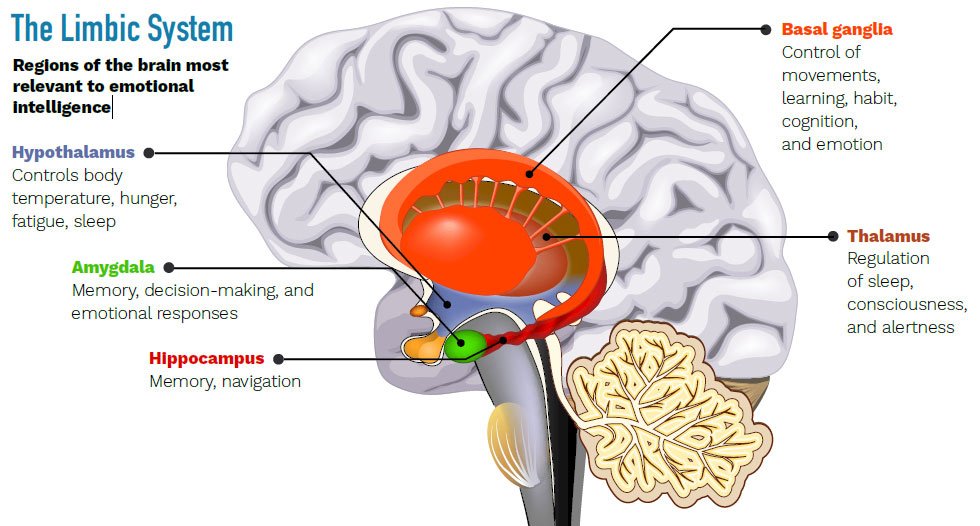Positive thinking is more than just feeling good. It can actually change the way our brain works. Scientists have found that having a positive mindset can improve brain chemistry, leading to better mental health, increased focus, and less stress. By thinking positively, we can change the way our brain functions, which helps us live a happier and healthier life. In this article, we will explore how positive thinking affects the brain and the benefits it brings.
| Effects of Positive Thinking on Brain Chemistry |
|---|
| Boosts dopamine levels (feel-good chemical) |
| Reduces stress hormones like cortisol |
| Improves emotional control |
| Enhances focus and creativity |
How Positive Thinking Changes Brain Chemistry
When we think positively, our brain releases certain chemicals that make us feel good. One of the main chemicals released is dopamine, often called the “feel-good” chemical. Dopamine helps us feel happy and motivated, and it also improves focus and learning. Positive thinking can also reduce the levels of cortisol, the stress hormone. This balance between more dopamine and less cortisol helps our brain function better and keeps us calm and focused.
Reducing Stress with Positive Thinking
Positive thinking can help reduce stress by lowering cortisol levels. Cortisol is a hormone that the body releases when we are stressed or anxious. While cortisol is helpful in small amounts, too much of it can harm the brain and body. High cortisol levels can lead to anxiety, mood swings, and trouble concentrating. By thinking positively, we can keep cortisol levels under control, which helps reduce stress and improve our overall mood.
Boosting Motivation and Dopamine
Dopamine is a key chemical in the brain that controls motivation and reward. When we think positively, our brain increases dopamine production, which makes us feel more energized and motivated. This is why people who have a positive mindset tend to be more productive and focused. Dopamine also improves brain functions like memory and learning, making it easier to solve problems and stay creative. The more we practice positive thinking, the more our brain releases dopamine, helping us stay motivated and happy.
How Positive Thinking Improves Focus
A positive mindset helps improve focus and concentration. When we think positively, the brain’s prefrontal cortex, which is responsible for attention and decision-making, becomes more active. This helps us stay focused on tasks, avoid distractions, and make better decisions. Positive thinking also reduces negative thoughts that can cause confusion and worry, making it easier to concentrate on what’s important. In this way, a positive mindset helps improve not only mental health but also productivity.
Emotional Control Through Positive Thinking
Positive thinking helps with emotional regulation, or the ability to control emotions. When we focus on the good things in life, our brain releases chemicals like serotonin and oxytocin, which promote feelings of happiness and connection with others. This makes it easier to stay calm during stressful situations and handle emotions more effectively. Positive thinking also reduces the activity of the amygdala, the part of the brain that controls fear and anxiety, which leads to better emotional balance and less stress.
Building Resilience with a Positive Mindset
Resilience is the brain’s ability to recover from difficult situations, and positive thinking helps build this skill. By focusing on positive thoughts, the brain strengthens pathways that help us handle stress and challenges better. Over time, this makes us more resilient and able to bounce back from tough times more quickly. People who practice positive thinking regularly tend to experience less stress, better mental health, and improved emotional well-being.
Conclusion
Positive thinking has a powerful effect on the brain. It boosts the production of feel-good chemicals like dopamine, reduces stress by lowering cortisol levels, and improves focus and emotional control. By adopting a positive mindset, we can improve our mental and emotional health, become more resilient, and lead happier lives. The science behind positive thinking shows that even small changes in our mindset can make a big difference in how our brain functions, helping us stay calm, motivated, and focused.



